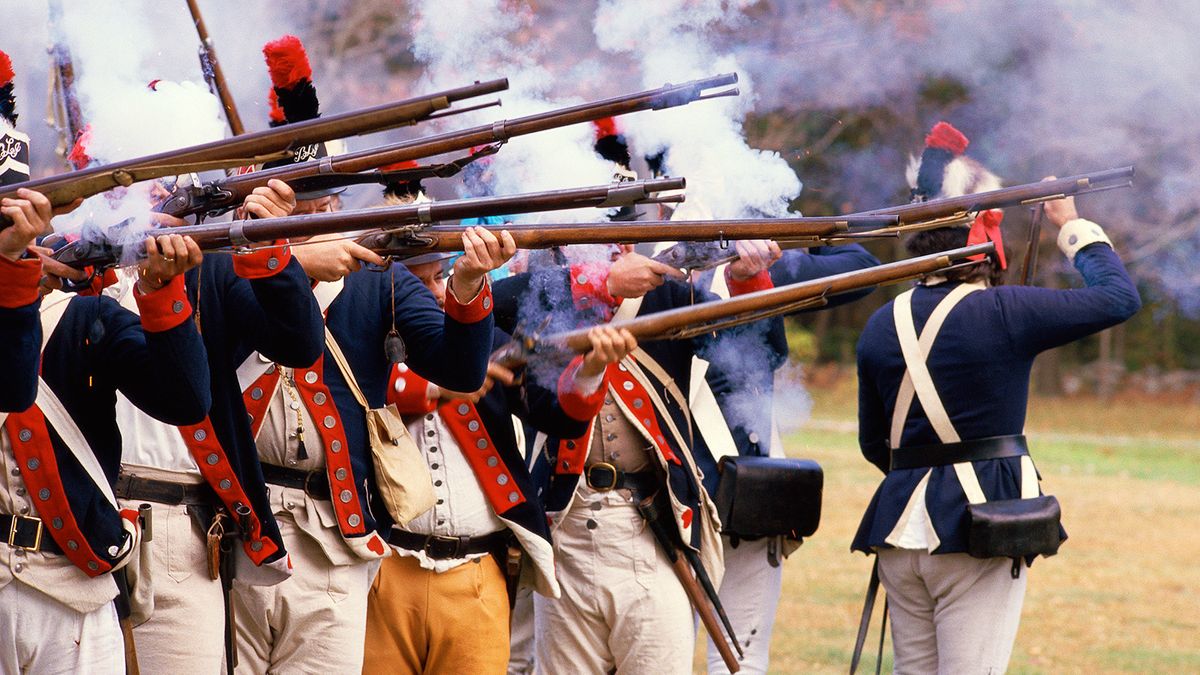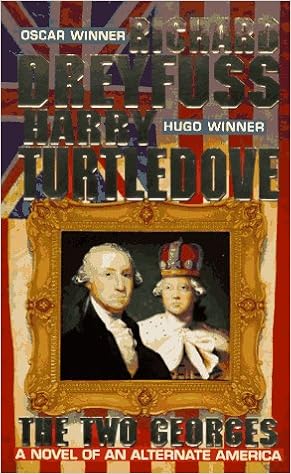Mindful
Diamond Member
- Banned
- #1
Though fictional, "The Patriot" has a strong element of truth, in that it gives a sense of just how much courage it took for the colonists to rebel against the awesome might of the British Empire — and how lucky they were to eke out a victory. As the historian David McCullough noted in his book "1776," the Americans suffered terrible losses — about 25,000 casualties, or roughly 1 percent of the colonial population. That would be the equivalent of a modern war claiming more than 3 million U.S. lives. "To those who had been with Washington and who knew what a close call it was at the beginning ... the outcome seemed little short of a miracle," McCullough wrote.

 science.howstuffworks.com
science.howstuffworks.com

What If America Had Lost the Revolution?
If the colonists hadn't eked out a victory against the mighty British Empire, what would have been their fate? Would leaders like George Washington and Thomas Jefferson have been executed?
